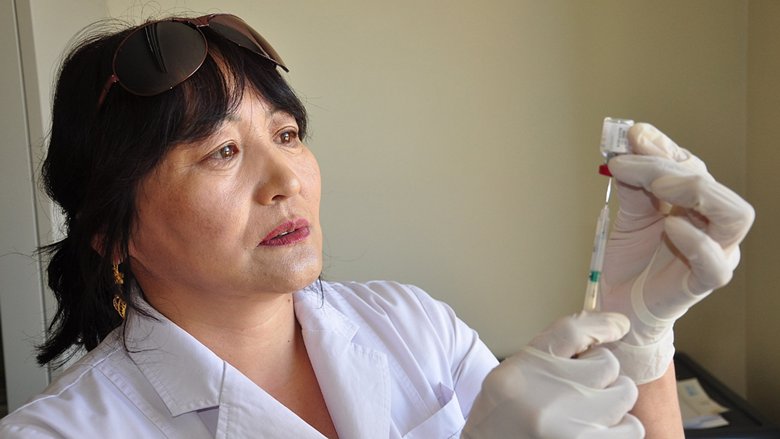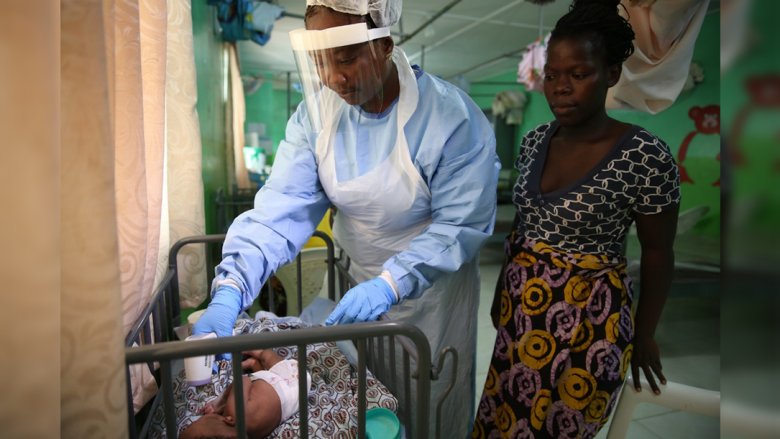Challenge
While the percentage of the global population with access to electricity has increased over the past decades, more than 730 million people worldwide still lack access to electricity. Moreover, in Sub-Saharan Africa, more than one million health care and education facilities lack reliable electricity supply, limiting their ability to deliver essential services and optimize human development outcomes. The COVID-19 pandemic highlighted an urgent need to improve access to electricity through resilient solutions. Mini-grid and off-grid solar industry plays a key role in the electrification of health facilities, especially in low-access countries. Reliable cold chains are integral to improving health sector infrastructure in Sub-Saharan Africa and beyond. Limited access to cooling in health facilities has resulted in low rates of vaccination in Africa as compared to the rest of the world.
Approach
The Electricity Access and Efficient and Clean Cooling Programs support countries create an enabling environment for inclusive, impactful, and accelerated electrification and deployment of climate-friendly cooling in the health sector through technical guidance, technical assistance, and recipient-executed grants. The programs have accelerated progress towards achieving universal access to electricity for health facilities (SDG 7) and deployment of climate-friendly cold chains to deliver COVID-19 vaccines through technical leadership, convening power and resource mobilization for Covid-19 response. The response consisted of existing World Bank funded projects being restructured to support Covid-19 interventions (e.g. Nigeria mini-grids), additional financing to existing projects in Haiti, Liberia, Mali, South Sudan, Zimbabwe, Niger and Comoros, and support to inform project pipeline development and technical expertise. Several technical pieces and tools have been developed to support energy solutions for the sustainable electrification of health facilities.
The programs collaborated with Governments, external partners, and private sector to enable climate-resilient energy solutions to serve critical health needs. The programs also helped set up the Energy Access Relief Fund (EARF), a unique effort involving over a dozen public and private partners to provide energy access companies – which supply energy to millions of households and businesses - with emergency capital to alleviate financial distress caused by the COVID-19 crisis.

